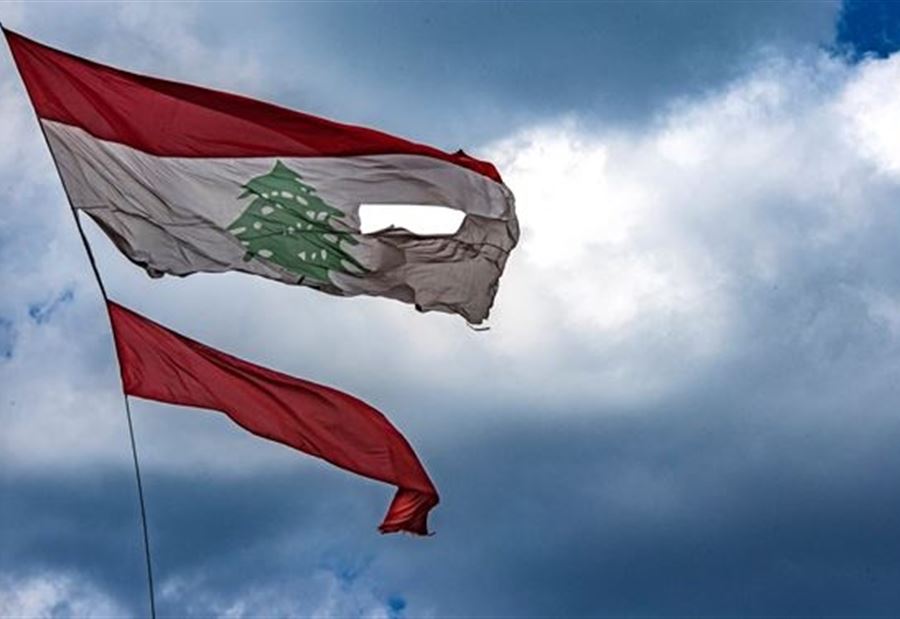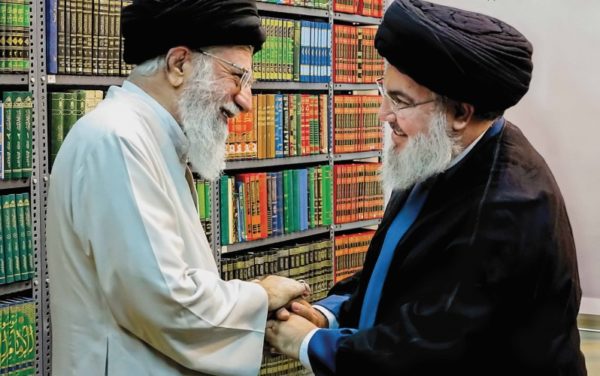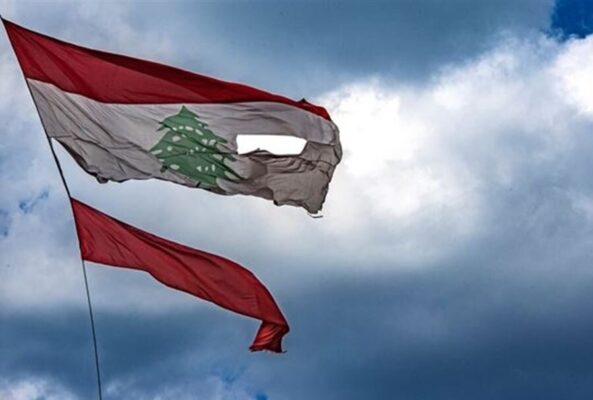
Former Arab Parliament Speaker Mishaal bin Fahm Al-Salami stressed that “Lebanon must decide whether it is Arab or Persian, and the Lebanese response to the Gulf initiative noting that “Lebanon is paying the price of a captive state held by Hezbollah.”
He added, “The Lebanese response to the initiative was very disappointing
For his part, former Minister Ahmed Fatfat considered that “the permanent reference to “civil peace” is a confirmation of Hezbollah’s threat to Lebanon.”
In an interview with Al-Hadath channel, Fatfat added, “The Lebanese people want and demand everything that was mentioned in the Gulf initiative.”
He continued, “Lebanon is under de facto occupation, and everyone is aware that its decision has been kidnapped by Hezbollah.”
Out of the question

This development comes after Lebanon’s foreign minister said he was not going “to hand over” Hezbollah’s weapons during a meeting this weekend with Gulf Arab counterparts that want Beirut to rein in the Iran-backed Lebanese Shi’ite group in exchange for improved ties.
“I am not going (to Kuwait) to hand over Hezbollah’s weapons. I am not going to end Hezbollah’s existence, it is out of the question in Lebanon. We are going for dialogue,” Lebanese Foreign Minister Abdallah Bou Habib told Al Jazeera.
Hezbollah supports Iran in its regional struggle for influence with U.S.-allied Gulf Arab states, which say the group has aided the Iran-aligned Houthis who are fighting a Saudi-led coalition in Yemen.
Founded by Iran’s Revolutionary Guards in 1982, Hezbollah has a militia more powerful than Lebanon’s army and has backed pro-Iran allies in the region, including Syria.

The group and its allies also exercise major sway over Lebanese state policy.
The terms delivered to Beirut on Jan. 22 by the Kuwaiti foreign minister include setting a time frame for implementing U.N. Security Council resolutions, among them Resolution 1559 which was adopted in 2004 and calls for the disarmament of non-state militias in Lebanon.
The Gulf rift has added to the difficulties facing Lebanon as it struggles with a financial crisis that the World Bank has described as one of the sharpest depressions ever recorded.
Hezbollah’s adversaries accuse it of links to regional drugs trade – something it denies. The GCC in December called on Lebanon to tighten border controls and take measures to deter drug smuggling via exports into Saudi Arabia and other Gulf states.


Leave a Reply
You must be logged in to post a comment.